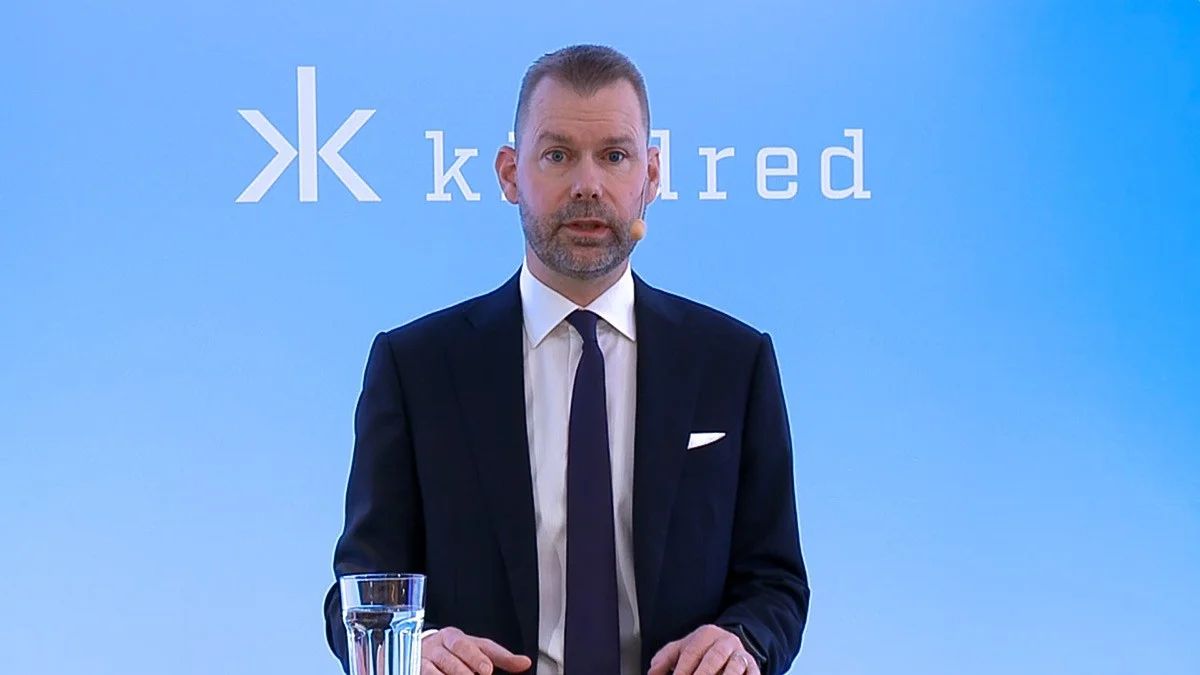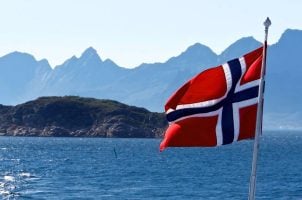Gaming Operator Kindred Faces $42M Fine If It Doesn’t Leave Norway
Posted on: September 20, 2022, 09:25h.
Last updated on: September 21, 2022, 04:54h.
Despite losing several legal battles in the country, gaming operator Kindred insists it has the right to provide gaming services in Norway. But gaming regulator Lotteritilsynet has told it to get out or risk a multimillion-dollar fine.

Kindred has been fighting Norway’s gaming regime for the past few years. It accepts Norwegian bettors on its Unibet platform through its subsidiary Trannel, but Lotteritilsynet hasn’t issued it a license.
That detail is unimportant to Kindred, which recently bragged its attention to responsible gambling. It doesn’t need a license, it asserts because Norway’s gambling laws are unfair.
The lottery regulator already warned Kindred that it faces significant fines if it doesn’t stop serving customers in Norway. It drew a fresh line in the sand this week, stating that the gaming company will have to pay NOK437 million (US$42.7 million) if it doesn’t leave within a year.
That’s the same figure Lotteritilsynet provided when it warned Kindred this past February. The amount is reportedly equal to the company’s annual gross profit from Norwegian bettors, although substantiating the claim is difficult.
Get Out or Get Fined
Unibet is just one of the Kindred platforms available to Norway’s consumers. The others are Mariacasino, Storspiller, and Bingo, none of which has received a license to operate. Because of this, the Norwegian Gaming Authority believes Kindred is a danger to Norwegian society.
The organization’s director, Henrik Nordal, has slammed Kindred on more than one occasion for its refusal to play by the rules. However, one of his arguments doesn’t hold up to scrutiny. He asserts that because Kindred’s platforms operate illegally in the country, gamblers risk losing more money on them than on licensed platforms.
Kindred and Norway have been locked in their battle since 2019. Several courts have already determined that the platform operates illegally in the country. However, Kindred stubbornly refuses to accept the country’s laws.
Kindred Not Alone
Kindred isn’t the only gaming company to be the subject of an eviction notice. Sweden recently took action against Ease Gaming N.V., the operator behind Casineia, Slothive, Gamblii, and Jinxcasino.
The Curacao-based online gaming platform has been operating freely in the country without a license. Despite a recent announcement that it wouldn’t go after unlicensed platforms, gaming regulator Spelinspektionen had a change of heart with Casineia.
Spelinspektionen doesn’t want the online casino in the country and verified that it targets Swedes before calling it out. It has evidence that Casineia provides Swedish language content on its website, that Sweden is an available option when registering, and that it provides Swedish customer support.
Telling Ease Gaming to leave is the first step of eviction. If the company ignores the order, Spelinspektionen can issue a fine. If that fails, the next step is to bring in the police.
Ease Gaming has a mixed reputation in the gaming community. On CasinoGrounds.com, one user did some digging that led him to conclude that the platform may be using pirated software. Another called it “completely untrustworthy” but couldn’t back up his conclusion with hard facts.
Many companies – both legitimate and otherwise – often turned to Curacao for their gaming license because of the country’s loose policies. However, changes are coming to its gambling regulations, which will shake up who does business there and how.
Related News Articles
Kindred’s Gaming License Fight with Norway Could Have Implications Across the EU
Kindred Loses Latest – and Last – Round in Fight With Norway
Most Popular
VEGAS MYTHS BUSTED: Golden Gate is the Oldest Casino in Vegas
Las Vegas Overstated F1 Race’s Vegas Impact — Report
Most Commented
-
End of the Line for Las Vegas Monorail
— April 5, 2024 — 90 Comments -
Mega Millions Reportedly Mulling Substantial Ticket Price Increase
— April 16, 2024 — 6 Comments
















No comments yet